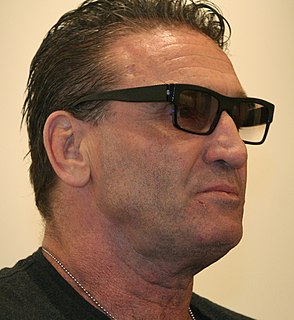A Quote by Daniel Lyons
HubSpot's offices occupy several floors of a 19th-century furniture factory that has been transformed into the cliche of what the home of a tech startup should look like: exposed beams, frosted glass, a big atrium, modern art hanging in the lobby.
Related Quotes
The complaint about modern steel furniture, modern glass houses, modern red bars and modern streamlined trains and cars is that all these objets modernize, while adequate and amusing in themselves, tend to make the people who use them look dated. It is an honest criticism. The human race has done nothing much about changing its own appearance to conform to the form and texture of its appurtenances.
Last century, when the beams needed replacing, carpenters used oak trees that had been planted in 1386 when the dining hall was first built. The 14th-century builder had planted the trees in anticipation of the time, hundreds of years in the future, when the beams would need replacing. Did the carpenters plant new trees to replace the beams again a few hundred years from now?
The Anglo-American tradition is much more linear than the European tradition. If you think about writers like Borges, Calvino, Perec or Marquez, they're not bound in the same sort of way. They don't come out of the classic 19th-century novel, which is where all the problems start. 19th-century novels are fabulous and we should all read them, but we shouldn't write them.
I've been very fortunate to be at the startup of a lot of different things. I was the startup of the Pancrase organization in Japan. Became a big figure over there. Then I was in the UFC and was at the startup of that, and I was a big figure in that. Twice. Not only in the beginning but also when it was taken over.
I definitely have a Luddite's approach to what's going on. I find that as I get older, I get stupider. For me, the iPhone is harder than reading Faust. I've been hanging out a bit with Lou Reed, and he's the complete opposite. He's into technology and is kind of like a toddler, compared to me, who's like an old 19th-century widow or something.






































